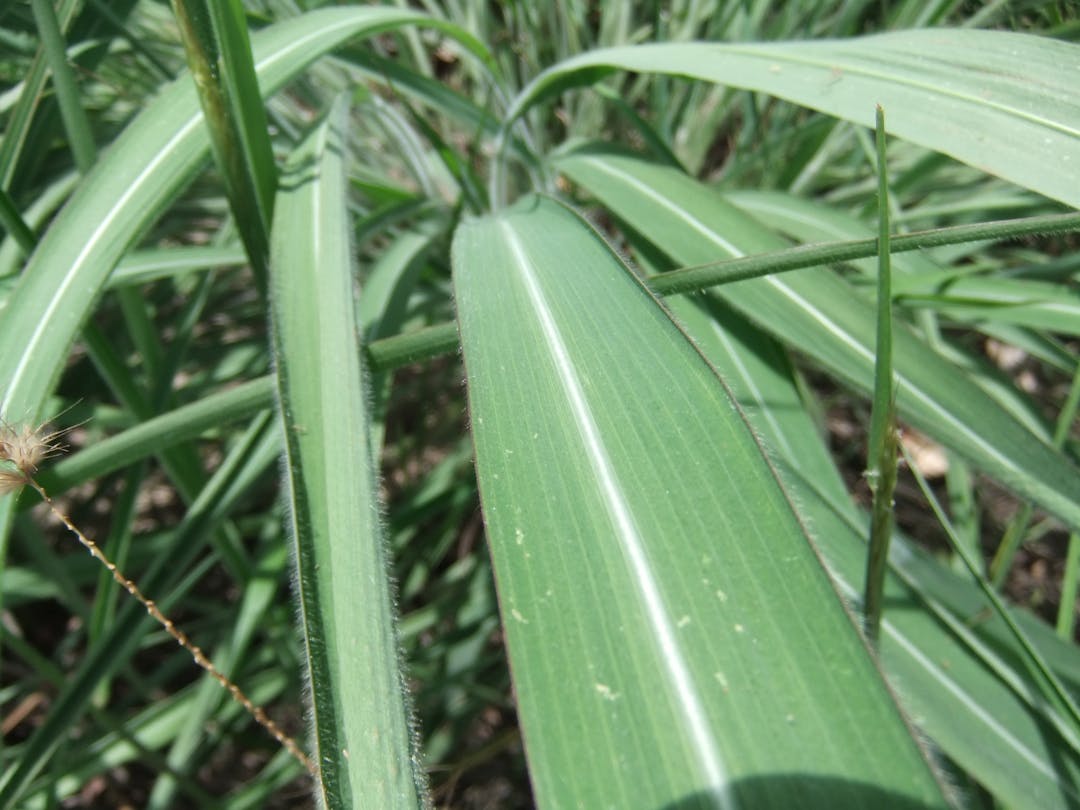Gamba Grass Weed Management Plan Survey
Consultation has concluded

The Weed Management Plan Gamba Grass 2020 – 2030 (2024 revision) requires annual reporting to assess if implementation of the gamba plan is achieving its specified goals, objectives and actions. The gamba plan was developed in 2020 and has been revised in 2024.
This annual survey has been prepared to enable collaboration with the community and key stakeholders to find out different perspectives on how well implementation of the gamba plan is tracking.
In order to do this, survey questions are included that seek input directly against each of the five goals of the gamba plan:
Goal 1. Eradicate gamba grass from the Class A zone
Goal 2. Contain and control gamba grass by actively managing infestations across the Class B zone and preventing spread into new areas
Goal 3. Protect priority environmental and cultural assets from the impacts of gamba grass
Goal 4. Increase community capacity and willingness to participate in gamba grass management
Goal 5. Implement transparent and accountable compliance, monitoring and reporting processes
Survey questions also aim to inform reviews required by the gamba plan by July 2026:
- For Objective 1d – A review of the pre-existing permits that allow gamba to be retained for cattle grazing in the Class A eradication zone are reassessed to ensure they are appropriate. Noting:
- There are currently two permits that allow gamba to be retained for grazing in this zone.
- Permits are not required to use gamba grass for grazing in the Class B (management) zone.
- For Objective 1e – A review of the Class A / B zone boundary to improve the protection of areas in the Class B management zone that are free from gamba grass. Noting:
- The review is required to ensure the Class A zone captures areas that are free of gamba grass and where eradication is considered feasible.
More information on the gamba grass Class A zone progress towards eradication and gamba grass permits in this zone can be found in the 2024 Gamba Grass Annual Report.
A map of the Class A (eradication) and B (management) zone boundary is also available.
De-identified feedback will be made available to the public through the annual report, unless you choose for your feedback not to be included.
Before completing this survey, please note the links in the side panel for:
- Gamba grass Class A and B zone declaration boundaries
- 2024 Gamba Grass Annual Report
- How to report a gamba concern online at nt.gov.au/gamba
- Gamba identification and control videos
- The National Best Practice Manual for Gamba Grass 2024
- Gamba research at the National Environmental Science Program (NESP) webpage
- Landcare NT to get involved with gamba grass control
Please provide your feedback by 16 May 2025.